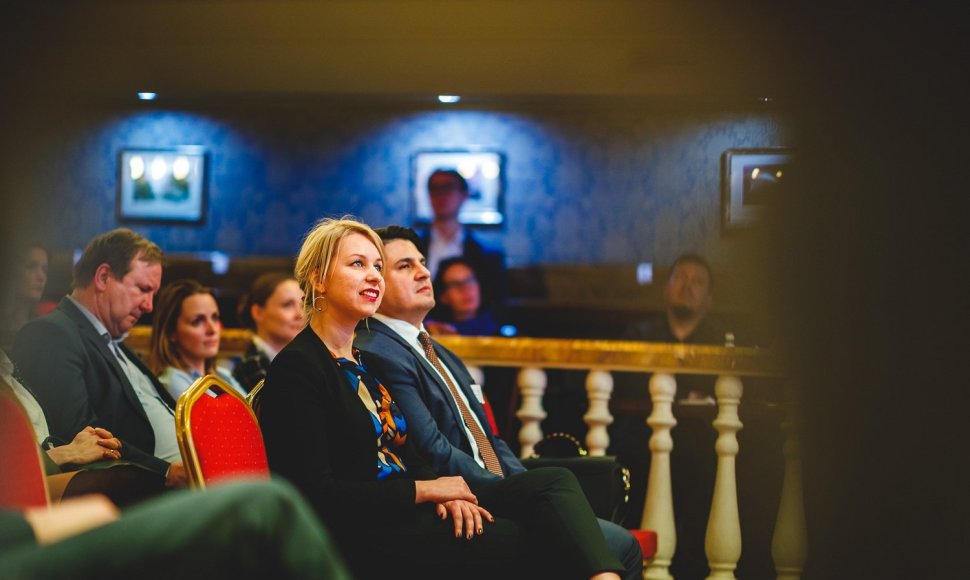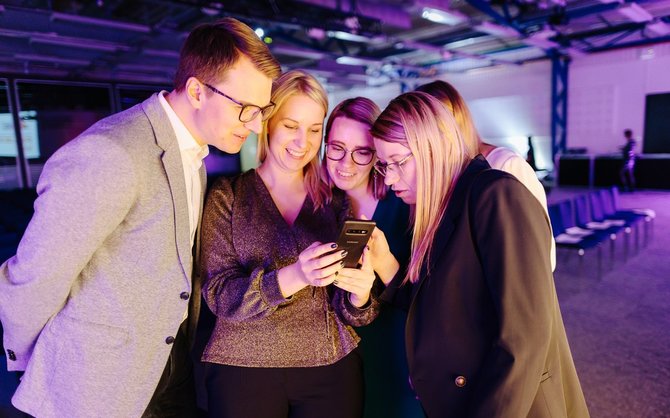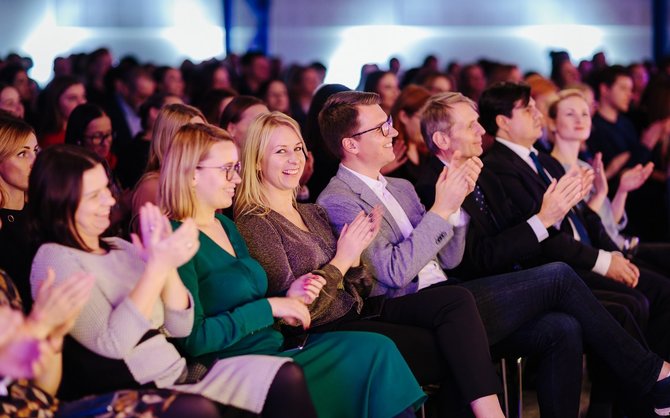Ž. Vitaitė admits: “It is disappointing that due to mistaken views there are still many women who would not consider a career in engineering. This is precisely why we will be dedicating particular attention to engineering during the fifth mentorship programme of Women Go Tech. We wish to dispel the myths and introduce as many girls and women as possible to the world of modern technologies and the opportunities within it.”
A decade of significant change in engineering
Upon hearing the word “engineering”, many people first imagine factory workers repairing engines or working on construction sites. However, the reality is very different – technologies have turned engineering into an automated and digitised domain, requiring analytical abilities, creativity and teamwork. Some of the most promising areas to launch and continue one’s career in, even without a technical degree, include project management, production organising, process management, quality control across companies manufacturing various products. “The changes engineering has undergone over the past decade are astonishing, which can be seen in the manufacturing businesses of today. We are so pleased that thanks to the ever-expanding network of partners from the engineering sector, we are able to introduce an increasing number of programme graduates to this, particularly attractive and growing industry. It is important for us that Lithuania actively participates in the Fourth Industrial Revolution by developing qualified specialists who will create future products and services,” says Žydrūnė Vitaitė, co-founder of Women Go Tech.
The German electronics and lighting component company Hella Lithuania has been one of the programme’s main supporters over the last few years. This year the programme welcomes another engineering company on board – Axioma Metering, which manufactures smart heating and water meters. During the programme, the experts from these companies contribute their knowledge and experience in order to help as many talented women as possible discover engineering. Some of these experts participate in the programme as mentors, others introduce students to engineering through various lectures. Women Go Tech also organises visits to the partner engineering companies, which offers the students a unique opportunity to experience what the modern engineering industry looks like and which specialists create the high tech products of today.
A significant lack of women in a rapidly-growing sector
Engineering spans a wide variety of areas. The advanced technologies and materials created by engineers are used for producing electric cars and smart devices, environmental conservation and many other popular areas of the industry. Compared to other industrial sectors, engineering stands out in its pace of growth – just in the first half of 2019, it grew by 10.8%, which is twice the pace of Lithuania’s industry combined (LINPRA, 2019). The high added value generated by the industry allows those employed in the sector to benefit not only from excellent career opportunities but higher wages, too.
However, the number of women who choose engineering remains very low – only 20% of current engineering professionals are female. To a large extent, this gender imbalance is due to misleading stereotypes that engineering is a “male” profession and it isn’t suitable for women. “These beliefs prevent companies from attracting talent. At the same time potential employees are deprived of the chance to fully realise their competences in leading companies, which create high added value,” notes Žydrūnė Vitaitė, co-founder of Women Go Tech .
This year, 250 women, some of them looking to enter the engineering sector, will be selected for the six-month mentorship programme Women Go Tech. It is the first mentorship and technological content session programme in Lithuania, aimed at girls and women who are seeking a career in the tech sector.














